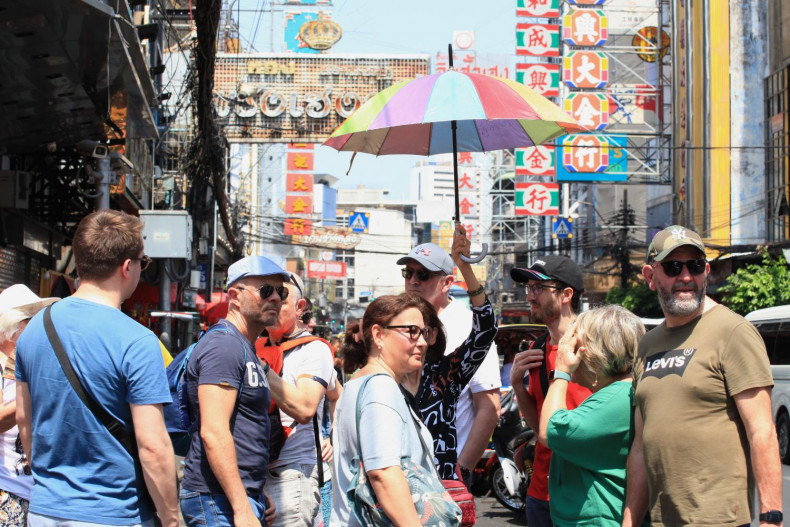The Thai Restaurant Association has expressed support for the government’s review of the ban on alcohol sales in the afternoon, suggesting that lifting the restriction could benefit restaurants and convenience stores. This comes after Prime Minister Paetongtarn Shinawatra ordered an investigation into the impact of the prohibition on alcohol sales from 2pm to 5pm, as well as the ban on Buddhist holy days, on tourism.
Thaniwan Kulmongkol, president of the Thai Restaurant Association, is in favor of relaxing the alcohol sales laws during these hours. She emphasized that Thailand’s economy is heavily reliant on tourism, and it’s important for all sectors to collaborate in balancing alcohol sales while minimizing any negative effects.
“A relaxation of alcohol regulations is something eateries, especially those in tourist areas, have long supported,” said Ms. Thaniwan. She argued that lifting restrictions would benefit a wide range of businesses, including restaurants, convenience stores, and department stores.
Ms. Thaniwan also highlighted challenges faced by restaurateurs when entertainment venues close on significant Buddhist holy days due to alcohol restrictions. She expressed skepticism about the effectiveness of the ban in reducing alcohol consumption, as customers often bring their own alcohol into restaurants, even when sales are prohibited, and continue drinking past the restrictions.
The ban on alcohol sales from 2-5pm particularly affects daytime restaurants, convenience store chains, and mall shops. Ms. Thaniwan pointed out that Thailand already has regulations on alcohol sales, such as the 2008 Alcoholic Beverage Control Act that prohibits sales at gas stations, as well as laws against drinking and driving.
Kawee Sakawee, chairman of the Thai Alcohol Beverage Business Association, noted that the current ban diminishes the experience for tourists, many of whom may not be aware of the regulations. He suggested that lifting the ban could benefit the alcoholic beverage industry and tourism, especially since tourists visiting breweries or vineyards may be unable to purchase alcohol as souvenirs during the restricted hours.
Regarding the law prohibiting alcohol sales to individuals under 20 years old, Mr. Kawee emphasized that this is an ethical responsibility, and restaurants should comply with the law. He added that if retailers manage alcohol sales responsibly, they can prevent underage customers from purchasing alcohol, regardless of the time restrictions.





